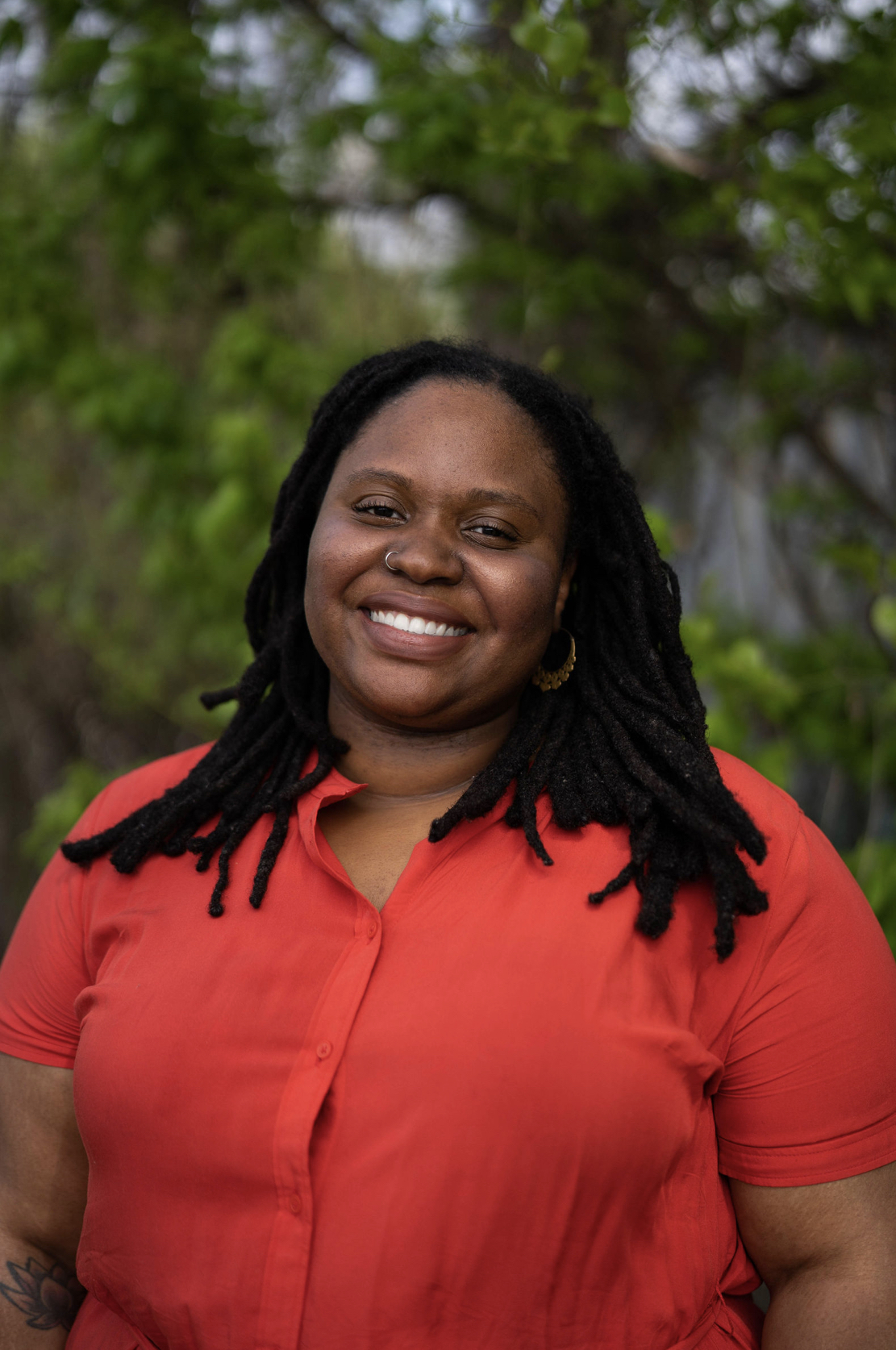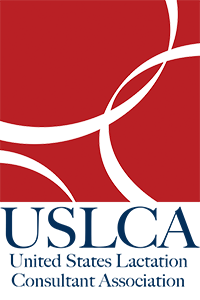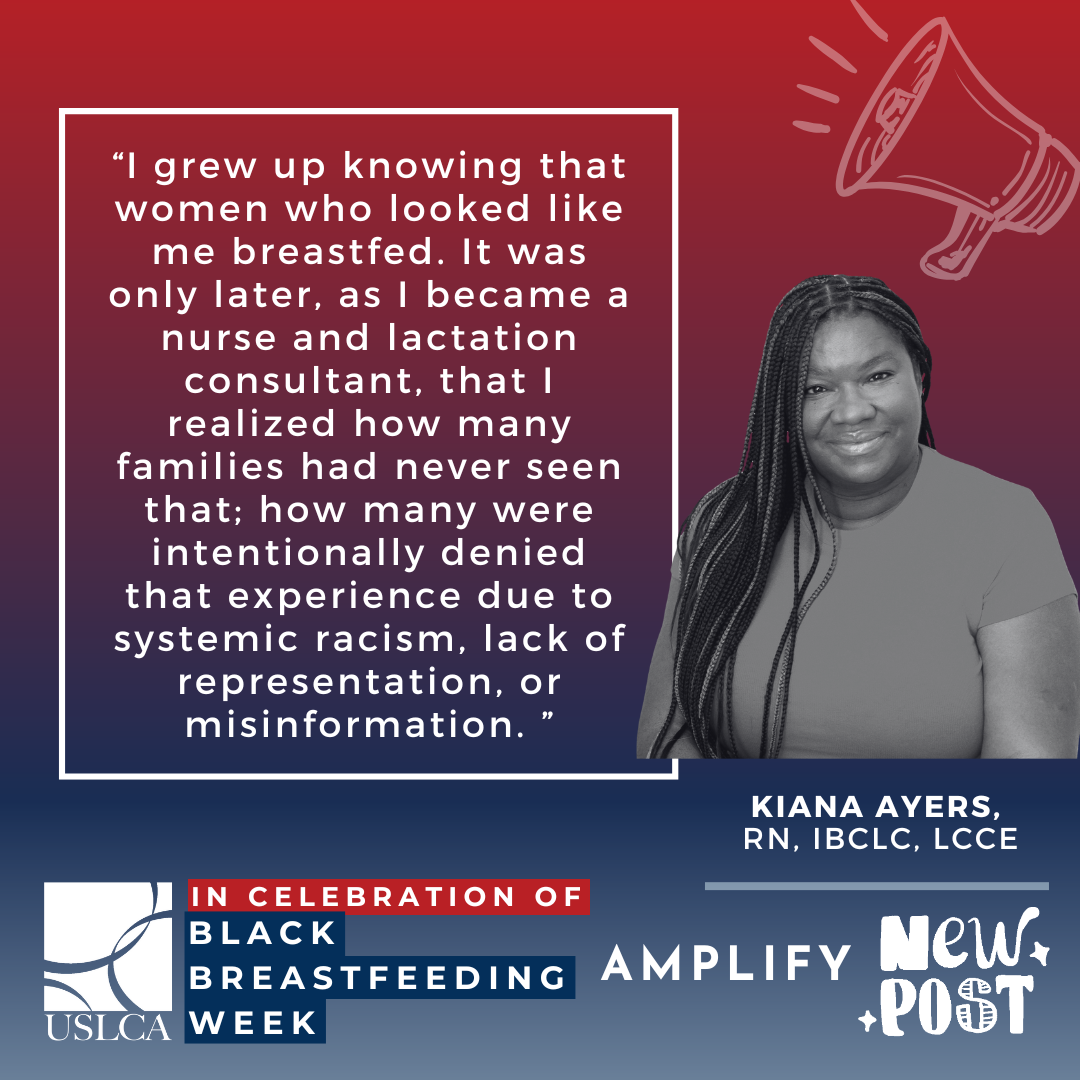By Tiek Johnson
 I am a doula, so I undoubtedly think highly of the work doulas do. Growing up in a large family, I’m pretty sure I’ve been a doula for the majority of my life, but I unofficially stepped into the role in 2016 and officially trained in 2019. I define a doula as an individual that grounds and holds space for another person during a transition. More formally, doulas are defined as non-clinically trained professionals that support clients by providing reproductive healthcare and support. Globally, there have been a ton of conversations around doula support. Hospitals have launched start-up doula programs. We have seen a push for doula services to be covered by insurance and growing acknowledgement of the crucial role doulas play in providing individualized care. Research shows that doula support improves birth experiences, which improves birth outcomes. Oftentimes, the doula is the only person on the care team that sees the client in a variety of different settings. Doulas often get the pesky little questions that seem too silly to ask your PCP and too overwhelming for a Google search. As a doula and an aspiring IBCLC, I can clearly see how these two worlds overlap. I’ve supported numerous families, and in my community of BIPOC birth workers and doulas, lactation has been labelled “my thing.” And it absolutely is! I love empowering folks to make fully informed decisions when it comes to their bodies and infant feeding. Much like the midwife and doula role, the LC and doula role complement each other.
I am a doula, so I undoubtedly think highly of the work doulas do. Growing up in a large family, I’m pretty sure I’ve been a doula for the majority of my life, but I unofficially stepped into the role in 2016 and officially trained in 2019. I define a doula as an individual that grounds and holds space for another person during a transition. More formally, doulas are defined as non-clinically trained professionals that support clients by providing reproductive healthcare and support. Globally, there have been a ton of conversations around doula support. Hospitals have launched start-up doula programs. We have seen a push for doula services to be covered by insurance and growing acknowledgement of the crucial role doulas play in providing individualized care. Research shows that doula support improves birth experiences, which improves birth outcomes. Oftentimes, the doula is the only person on the care team that sees the client in a variety of different settings. Doulas often get the pesky little questions that seem too silly to ask your PCP and too overwhelming for a Google search. As a doula and an aspiring IBCLC, I can clearly see how these two worlds overlap. I’ve supported numerous families, and in my community of BIPOC birth workers and doulas, lactation has been labelled “my thing.” And it absolutely is! I love empowering folks to make fully informed decisions when it comes to their bodies and infant feeding. Much like the midwife and doula role, the LC and doula role complement each other.
There is a clear pathway between being a doula and transitioning into midwifery. For example, a PEP midwifery candidate can use their first ten births in any setting and in any capacity (including as a doula) toward their certification. Does such a bridge exist between the doula and IBCLC roles? Can doulas that provide lactation support, regardless of setting, apply those hours towards the IBCLC clinical requirement? If such a bridge exists, I must have missed it. As a doula who is not connected to a hospital, birth center, or medical institution, I have seen that many doulas face a multitude of barriers when seeking to become an IBCLC, with financial barriers and the challenge of obtaining clinical hours at the top of the list.
It’s important that doulas, especially doulas who want to become IBCLC, have a clear and manageable pathway or bridge to the lactation field for two main reasons. For one, doulas have a unique lens that is valuable in a clinical setting. Once I decided to become a trained doula, I dove deep into trainings and CEUs, specifically those that were reproductive justice and BIPOC focused. Although each training presented information in different formats, the framework was similar. Your role as a doula was not to be a savior but to center the client and their process. My biggest takeaways from my full spectrum training with Doula Trainings International was learning how to hold space and actively listen, how to ground myself and someone else, how to remain curious during conflict, and how to inform and empower my clients’ decision-making process. Approaching client care with those skills is useful in all spaces, especially clinical settings.
For another, doulas are a diverse group of people. There has been a shift in the doula world unlike anything I’ve seen elsewhere to truly embrace reproductive and birth justice. Doulas and doula training organizations are prioritizing and centering the needs of marginalized folks. They have created intentional spaces for harm reduction and for BIPOC, queer, trans, and disabled people and voices, building a radically inclusive movement grounded in the conviction that all bodies and all outcomes deserve compassionate evidence-based support. As more doulas become IBCLC, this movement will only benefit the lactation consultant world.
In no way is this intended to minimize the importance of clinical hours and supervision, both of which are crucial to the learning process and the integrity of the certification. But I think that we can make things easier. I definitely don’t have all the answers, but I do have one pressing question. As the reproductive health world has more conversations around doula work, is there space to facilitate the pathway for non-clinical support people into the clinical lactation consultant world by enabling doulas to use their community-based work towards obtaining their clinical certification?



